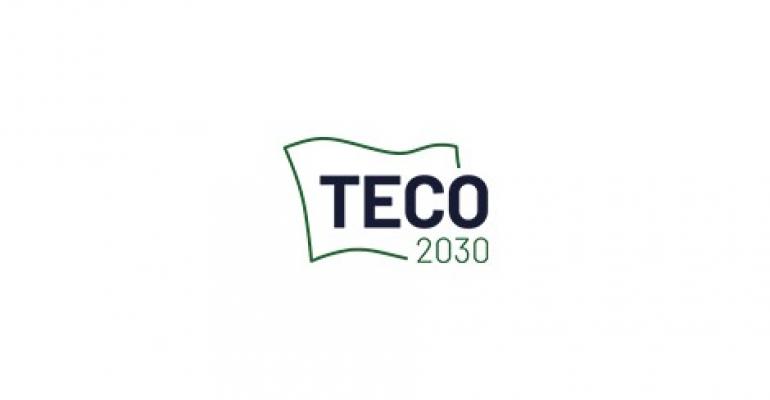IMO aims to reduce carbon intensity in international shipping 40% by 2030, and to cut the total annual greenhouse gas emissions from the sector by at least 50% by 2050 compared to 2008.
The regulatory framework setting out how this should be achieved is still not decided and will be up for discussion during a meeting of the Marine Environment Protection Committee, starting today.
Energy efficiency and alternative fuels 'probably not sufficient'
'The IMO has so far mainly focused on how energy efficiency and alternative fuels can help to decarbonize the maritime sector. We agree that these issues are paramount, but focusing only on these will probably not be sufficient if we are to reach the emission reductions targets for international shipping,' said Stian Aakre, CEO of TECO 2030.
'When we look at the fuel consumption predictions for the maritime industry towards 2050, we see that on-board carbon capture will also likely be needed. This is because not enough of the existing vessels will be either rebuilt to utilize more climate-friendly fuels or be replaced by lower emission ships before the drafted deadlines,' he said.
'We therefore urge the IMO to include carbon capture in its upcoming regulatory framework, as this would stimulate technological development within the industry and ensure that the necessary infrastructure will be built,' Aakre added.
Countries remain divided
During the virtual meeting, due to last until June 17, the main agenda topic is the progress on reducing emissions in international shipping.
Ahead of the meeting, countries across the world were divided on carbon capture technology playing a role.
Norway and some other countries are unsupportive, as they believe the technology is still too immature. South Korea, on the other hand, has submitted a detailed proposal for how new legislation can take into account the future role of on-board carbon capture technology in reducing emissions from ships.
'We believe significant progress regarding how the maritime industry should be decarbonized will be made at this meeting,' Aakre said. 'We hope the industry will be left with a clearer picture of how they should move forward over the coming years.'
Call for technology-neutral legislation
TECO 2030 also expressed the hope that any future international legislation regarding decarbonization of shipping will be technology neutral.
'We understand that the debate to some extent must touch upon different technological options. But, ideally, we think the best way forward is for legislators and regulators like the IMO and the EU to develop strategies and set the targets and limits, rather than to relate these to specific technologies,' Aakre said. 'In doing so, the evolving legislative landscape will instead stimulate the industry to develop the technologies that are needed to reach these targets.'
Copyright © 2024. All rights reserved. Seatrade, a trading name of Informa Markets (UK) Limited.
Add Seatrade Cruise News to your Google News feed.  |

